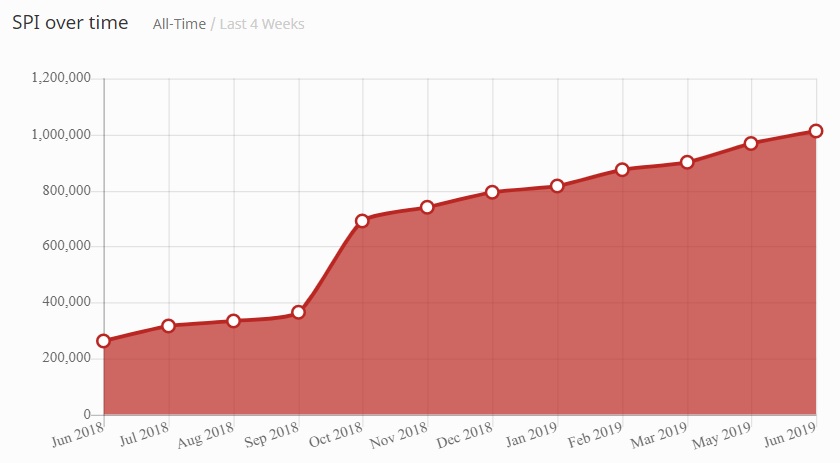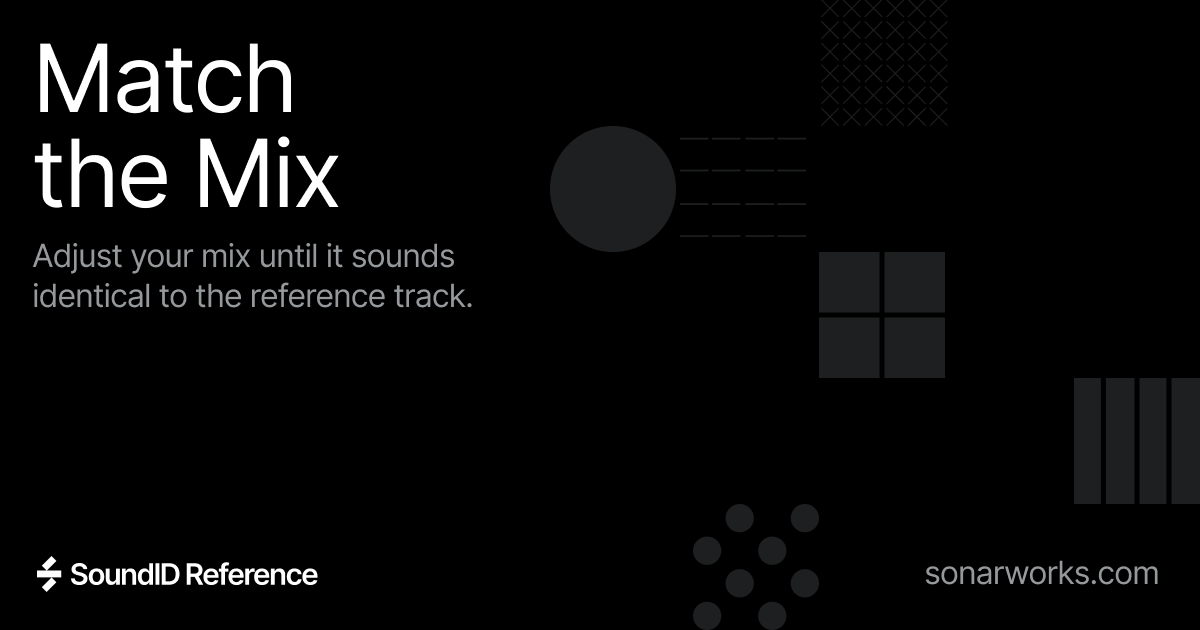I mostly agree with you Jonathan, I guess I was just sharing my own experience because I was using these little tools a few years ago when they appeared on the internet and at first I was hoping that it would help me get better at mixing in a significant manner, but in the end I realized practicing mixing was far more efficient for me in the long run.
In order claim it wouldn’t be worth the time, you’d essentially have to argue that precise accurate frequency identification is unrelated to mixing - In my opinion, that would be a hard argument to support.
If you put it this way, sure. But unless these apps have evolved since I used them, they are not exactly an accurate representation of a mixer’s daily job. In real life you often have to deal with a single track, or how making changes to a single track affects the whole mix, while these apps (those I used anyway) are based on changes to a full arrangement only.
??? But how is someone supposed to do that if they lack the necessary skills to EQ frequencies? This is exactly like telling an amateur pianist to ‘Listen to Evgeny Kissin play a Brahms concerto and simply try to mimic his results’. You have to accumulate specific skills before you can create a masterpiece.
Claiming it is exactly the same sounds like a bold assumption to me. Not everyone is born with a natural ability or even a taste for virtuosic piano playing, while a vast majority of people are born with a natural taste for music listening. But I do agree about accumulating specific skill sets.
How are frequency and dynamics management not the most core fundamental skill of this entire trade?
I’m not saying it isn’t! However, reducing mixing to these skills only would be a bit simplistic. I believe that other skills are really important too, like knowing at least the basics of music theory, how instruments work and are played, people skills (how to communicate with customers in order to achieve the best possible result for them), technical literacy… Though I would agree that frequency and dynamics management are probably the core of the business.
Let’s not turn this discussion into one in which I’m the prosecutor and you the defense attorney, because I’m pretty sure we agree on the essentials. I’m just saying that spending an hour playing the same game every day isn’t enough to equip you with the skills you’ll need to face every new situation in your business.
Just for the sake of it, I recovered my account at Sound Gym and went through the free daily workout once. In every single category I was able to smash my top score from approx. 5 years earlier. Yet at the time I was using that regularly I was trying hard to break my records. So my own experience tells me that a few years of daily mixing achieved far better results than practicing sound gym at its own game. I might be wrong, but I’m pretty sure the opposite isn’t true: a few years of practicing at sound gym wouldn’t allow me to achieve far better results at mixing.




 I think you have a point that it’s only one skill in a diverse toolbox. It’s kind of like saying good hammering skills (Sound Gym) means you’ll successfully build a house (mix); which is not necessarily true, there are many more skills and aspects involved. In fact, if you get everything else right and the hammering skills are somewhat sub-par, but at least the nails hold the beams together, the house may turn out fine.
I think you have a point that it’s only one skill in a diverse toolbox. It’s kind of like saying good hammering skills (Sound Gym) means you’ll successfully build a house (mix); which is not necessarily true, there are many more skills and aspects involved. In fact, if you get everything else right and the hammering skills are somewhat sub-par, but at least the nails hold the beams together, the house may turn out fine.